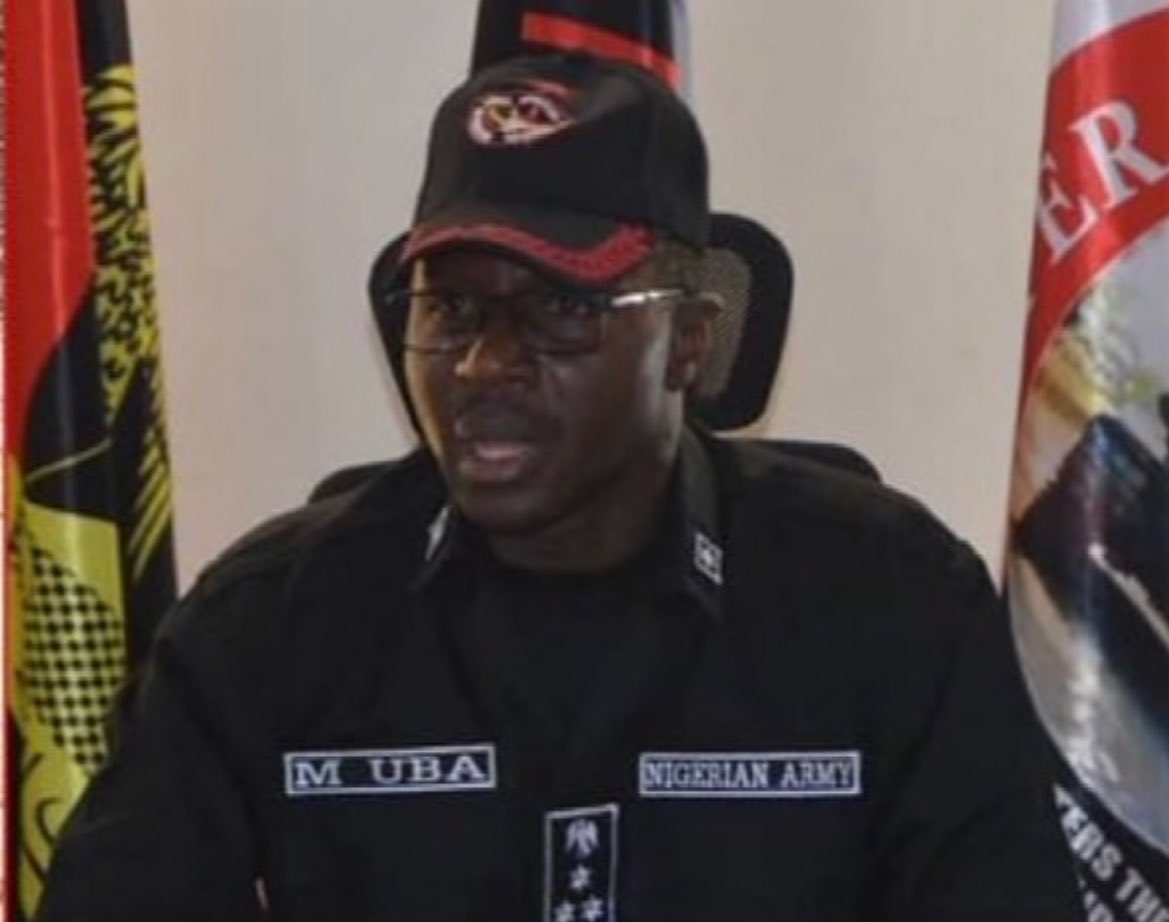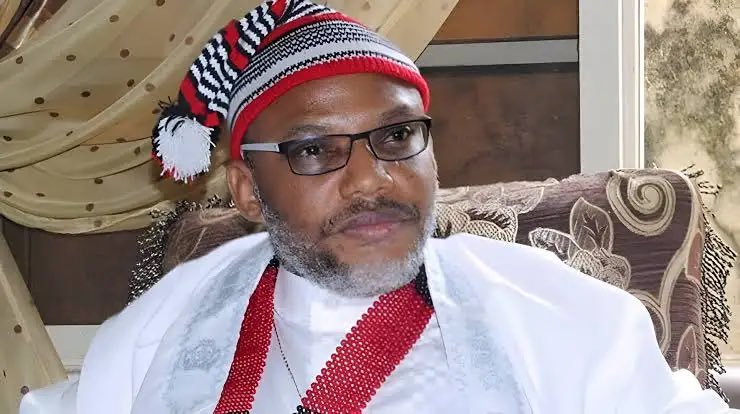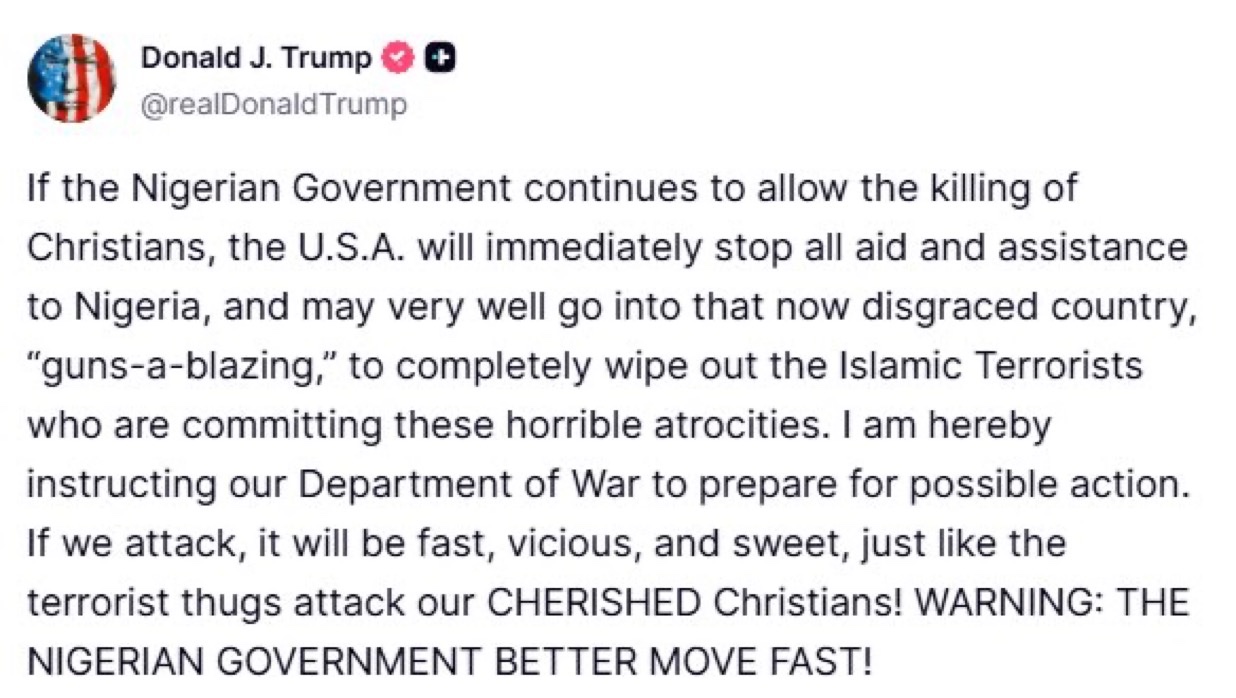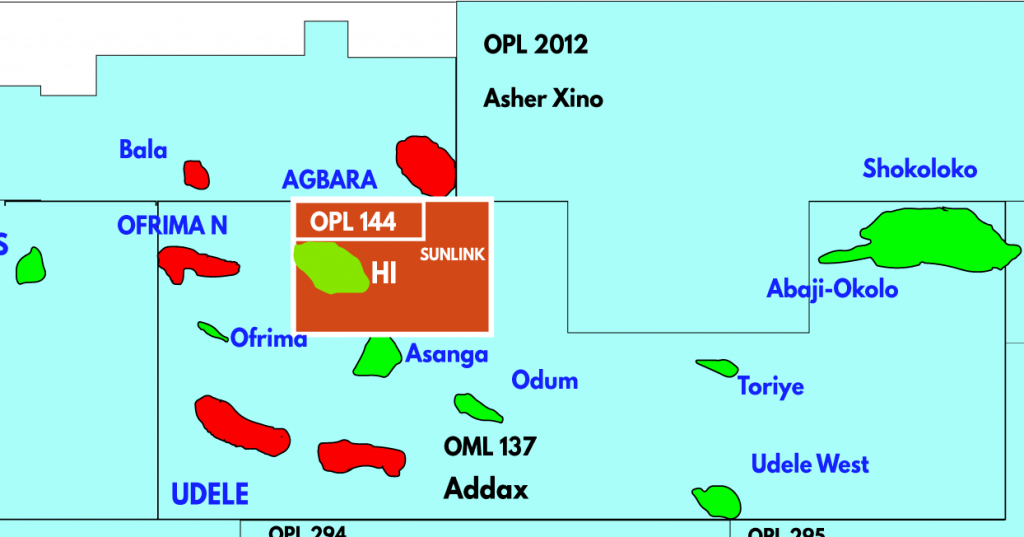Muhammadu Buhari: the honest but flawed president
Published on 2025 July 17, Thursday Back to articles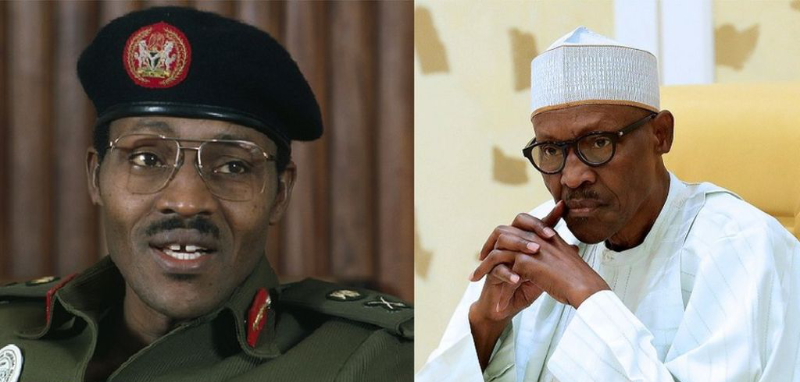
Muhammadu Buhari- 1983-1985 military head of state, and 2015-2023 civilian president
Former president, Muhammadu Buhari, has died aged 82 in a London hospital on 13 July after a relatively brief illness. He had governed the country: first as the 1983-1985 military head of state after the December 1983 coup against President Shehu Shagari’s elected 1979-1983 government; and then as the democratically elected president from 2015 to 2023. He rose to power pledging to fighting corruption which he mainly failed to do, which was largely because of his poor understanding of the issues.
During this period, he imprisoned several people without trial and introduced the death penalty for drug trafficking. He launched his so-called War Against Indiscipline which allowed soldiers to flog people on the streets for acts of indiscretion while the soldiers lived above the law. He was eventually overthrown by his colleagues who cited: his authoritarian style of governance; increased economic hardship; lack of inclusivity in government; and human rights abuses.
He became a latter day convert to democracy and ran for the presidency in 2003, 2007, and 2011 before 2015 when he became the first civilian to defeat another civilian in a democratically conducted election. His austere lifestyle and perceived incorruptibility made him a folk hero, especially in the North, earning him huge numbers of votes from the region every time he ran for office. Unsurprisingly, he was less popular and was not revered in the same way in the South. He succeeded in 2015 after forming a coalition — between his Congress for Progressive Change (CPC) and Bola Tinubu’s Action Congress of Nigeria (ACN) — and won a second term after the 2019 election results, which was largely disputed by opposition candidates, were upheld by the courts.
Buhari’s legacy as president has divided the country by age. Most young people on social media have criticised his presidency as a disaster which achieved little or nothing while older people — including most of the political leaders — have hailed him as a true patriot who gave his all for the country. Young people remember him for: the brutal suppression of the 2020 anti-police protests in Lagos that led to the killing of several youths; the killing of nearly a 1000 Shia Muslims in Kaduna; and other suppression of dissent. The older people have pointed to: his sincerity and anti-corruption stance; the completion of major infrastructure projects, including the third Niger bridge and the Lagos-Ibadan railway line; and finally the passing of the Petroleum Industry Bill (PIB) which had been delayed for about 20 years.
Buhari’s limited world view was a hindrance in his governance. He surrounded himself with people who were loyal but not necessarily competent. He appointed ministers into posts and hardly questioned their performance. He was the only post-1999 president that worked with virtually the same set of ministers for eight years despite many showing a distinct lack of achievement.
Under him, the central bank printed so much money that it nearly collapsed the economy. Nigeria suffered two recessions during his period in office with one being caused by the collapse in international oil prices, and the other because of his wrongheaded policies. By the time he left office in 2023, the country was spending nearly all its revenues on debt service costs which had more than doubled under his watch. Buhari spent significant amount of time traveling to London for medical reasons but did no invest in Nigeria’s healthcare system and it suffered one of the biggest exoduses of healthcare workers to other countries, especially the UK.
Perhaps, the biggest indictment of his eight years in power is that he died in a London hospital only two years after leaving the presidency because no Nigerian hospital was able to treat him properly. The same London hospital simultaneously admitted:
- Buhari’s 85 year old nephew, Mamman Daura, who was accused of having had an overwhelming influence on his presidential decisions; and
- the 1998-1999 head of state Abdulsalami Abubakar, took over after Sani Abacha’s death in 1998 and returned the country to democratic rule in 1999.
The paucity state of Nigeria’s healthcare system was on display with three old men, who have had the power to change the situation but did not, having to rely on the UK health system to save their lives. The one who died was the man who had the most time to make the biggest difference as Nigeria’s president.
This excerpt is taken from Nigeria Focus, our monthly intelligence report on Nigeria. Click here to receive a free sample copy.The July 2025 issue of Nigeria Focus also includes the following:
Spotlight
- Declining confidence in state institutions threatens democracy
Profile
- Muhammadu Buhari: the honest but flawed president
Politics
- Obi’s loyalty to the ADC depends on getting the ticket
- Rigged Edo election upheld but questions remain
Economy
- Naira’s stability continues despite increasing demand for US$
- Tinubu is increasingly optimistic about economic growth
Energy
- Dangote’s ambitious future plans
- NNPCL pushes for higher OPEC quota it is unlikely to meet
Security
- Al-Qaida affiliated JNIM complicates fight against insurgency
